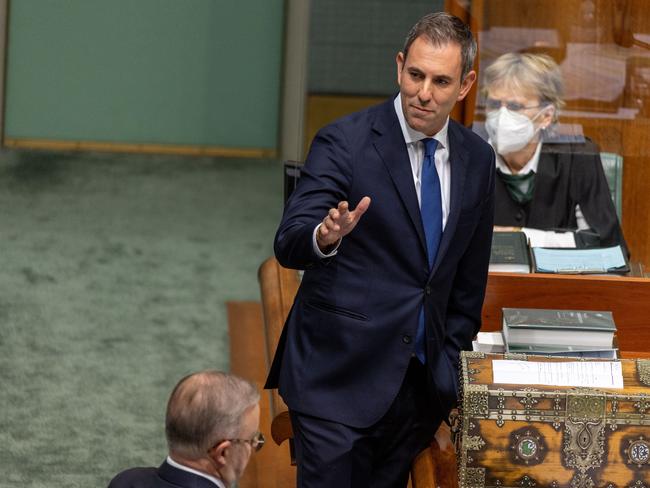Reserve Bank sounds alarm on phone wallets such as Apple Pay
The Reserve Bank has sounded the alarm on digital wallets such as Apple Pay as it warns change is needed to stop business owners from losing money.
Business Breaking News
Don't miss out on the headlines from Business Breaking News. Followed categories will be added to My News.
Australia’s central bank has sounded the alarm on digital wallets such as Apple Pay and warned there is little transparency about the cost of the services before they potentially flow on to business owners.
The Reserve Bank has also said it doesn’t know how much its powers apply to new players in the payments system including mobile wallet providers and called on the federal government to clarify this as part of its broader shake-up of the way payments are regulated.
RBA head of payments policy Ellis Connolly told a business summit in Sydney on Tuesday that increased transparency could also help to boost efficiency and competition for payments using virtual wallets as their use skyrockets during the broader transition away from cash.
“The mobile wallet providers require card issuers to enter into confidential agreements so that their customers can use these wallets to make card payments,” Mr Connolly said at the event hosted by the Australian Financial Review.

Mr Connolly said as a result there was very little information in the public domain about how much card issuers have to pay mobile wallet providers, but media reports suggested the cost was more than $100m a year.
“Given these developments, we would support steps to promote transparency of the payment costs associated with using mobile wallets,” he said.
The RBA’s next “frontier” is reducing costs for virtual wallet transactions such as those facilitated by Apple Pay, Google Pay and Samsung Pay, which allow mobile phone or smartwatch users to store debit and credit card information to use on the go.
The uptake of mobile wallets comes amid an overall shift to electronic payments, including credit and debit cards in Australia over the past 15 years, which the RBA is warning has resulted in businesses being hit with increased charges.
“The shift to online commerce has contributed to higher payment costs,” Mr Connolly said.

The use of cash for transactions halved from 26 per cent to just 13 per cent over the past three years, the RBA found when it conducted its Consumer Payments Survey late last year.
About a third of consumers made contactless payments by tapping a mobile device, according to the same survey.
Mr Connolly said there was some uncertainty about the extent to which the RBA – which along with APRA, ASIC and Treasury is one of Australia’s four main financial regulators – could apply its powers to digital wallets and other new types of payments.
The commonwealth government is hoping to address this in a strategic plan it is working on to update the way the payments system is regulated, which it says will ensure Australians can make purchases in a “safe, secure, and efficient” environment.
The plan – due to be finalised this year – is set to change federal laws regulating payments with updated definitions of a payment system and its participants, as long as Labor can get the support it needs in parliament.
The RBA has backed the government’s plans for reform, which also include reducing transaction costs for small businesses.
Mr Connolly said on Tuesday the RBA wanted to engage with the payments industry “in the spirit of co-operation” while the government irons out the details of its reform agenda for the sector.
Originally published as Reserve Bank sounds alarm on phone wallets such as Apple Pay


